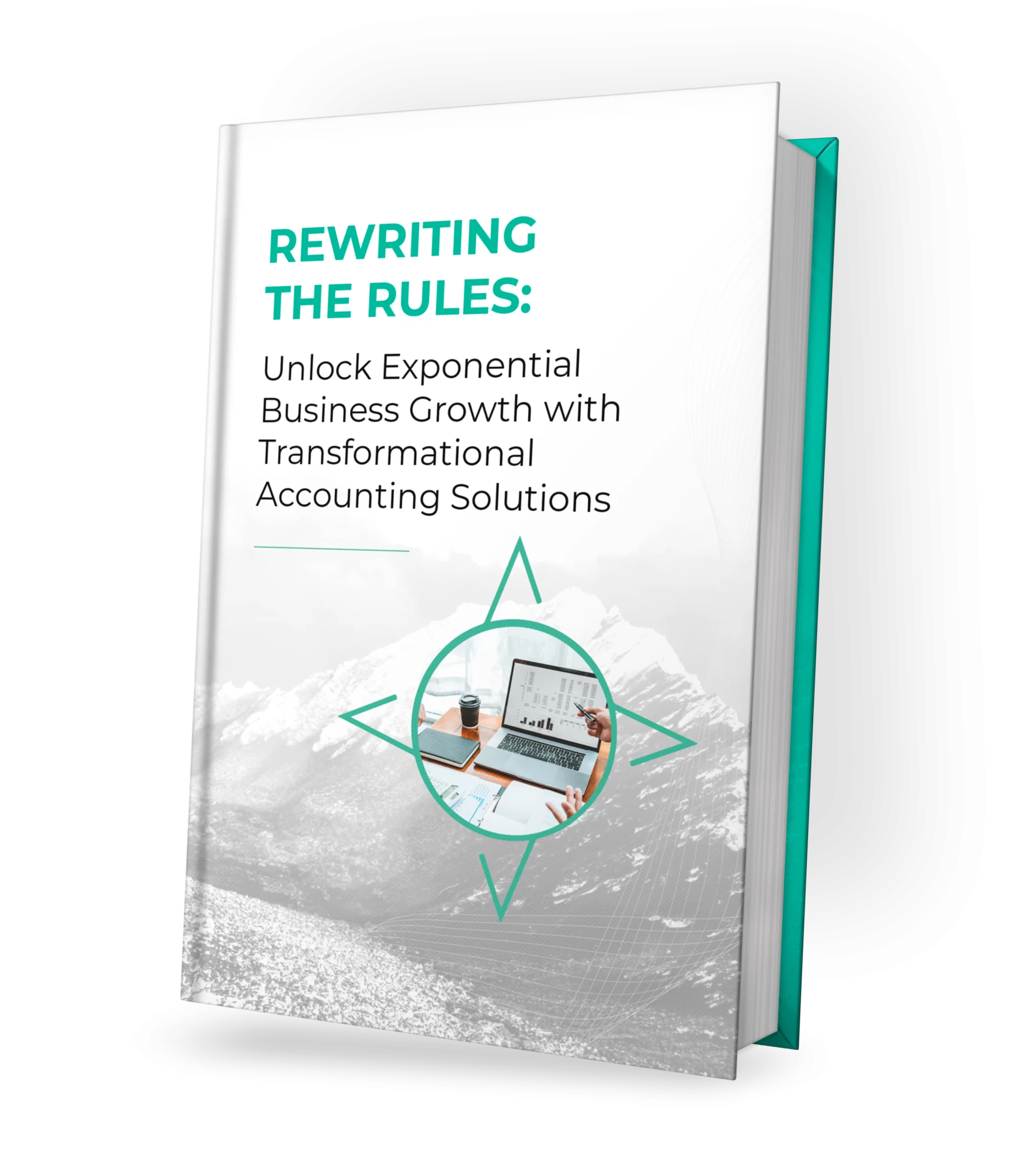Deciding how to compensate your team is one of the most complicated decisions facing any entrepreneur. Pay people too little, and you will struggle to recruit and retain the talent your team needs to thrive. Pay people without aligning to goals and you risk inflating your labor costs when you and not driving the results needed for growth. Add in all the office politics that come with paying people “fairly” on tight-knit teams, and it comes as no surprise that getting the numbers and structure right comes as such a struggle.
Obviously, there is no perfect formula for calculating compensation. It depends on dozens of factors, varies widely by industry, and has a deep link with business strategy, so the only way to approach this issue is with careful consideration. Follow these tips as part of that process:
1 – Align Incentives to Objectives
You should add a strategic component to compensating your team by paying people more when they accomplish your desired outcomes. That may seem obvious, but not enough young companies fully leverage this concept. If you are targeting revenue, for example, make bonuses and commissions contingent on hitting targets for acquiring new customers or increasing revenue from current customers. Alternatively, if the goal is maximizing profits, align incentives with effectively managing costs or realizing bottom line projections. Another way to think about it: don’t compensate employees, compensate achievements.
2 – Pay to Make Work Easier
When you can’t offer industry-leading compensation, pay to improve people’s work/life balance instead. Small stipends – for parking, transit passes, gym memberships, or child care – can make someone’s workday significantly easier without costing much in the process. Be creative about where these opportunities exist, especially as people increasingly work outside the office, and remember that employee leave and paid vacation policies also play an important role here (while costing very little).
3 – Invest in Professional Development
When employers compensate employees for training, certifications, and other professional development activities, it’s mutually beneficial. The employee gains experience, expertise, and credentials that can help them further their career, while the employer gets a more skilled and talented workforce without having to recruit it. Again, be creative and strategic – look for professional development opportunities that are appealing to employees and also valuable to the company.
4 – Leverage the Power of Job Titles
Don’t underestimate the power of an impressive job title. Some people will accept less compensation in exchange for a title that sounds like a step up from their previous position. Be careful about assigning titles arbitrarily, but look for ways to make the roles you need to fill sound enticing in ways besides just salary.
Settling on a final figure and structure can still be challenging even with these tips – and the process repeats itself with every new hire or raise request. Make sure you find the sweet spot between too little and too much – contact Proseer to help your startup make the right choices the first time.

